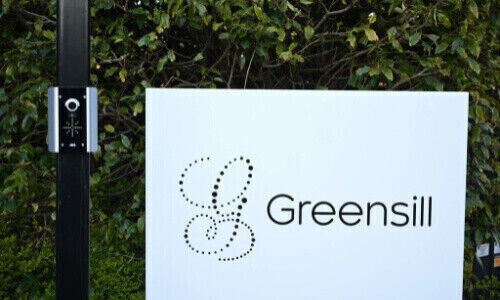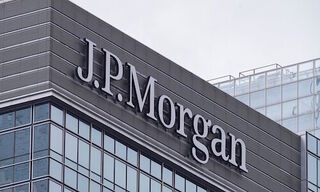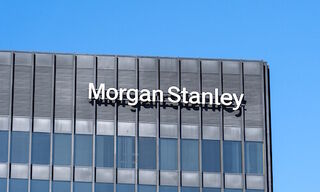At the end of the week, Credit Suisse will completely liquidate the first of four closed Greensill funds, finews.asia has learned. Investors will get their assets back, but there is a special twist.
This Friday marks a milestone on Credit Suisse's odyssey of repaying the more than $10 billion in fund assets the bank was forced to block in its Greensill funds in March of last year. In a letter sent to investors Wednesday, Credit Suisse said is transferring the remaining funds from the liquidated Credit Suisse Supply Chain Finance Fund Investment Grade Fund (Liechtenstein).
This represents a tranche of $31.3 million, bringing the total returned to investors since the forced closure of the Liechtenstein fund to $667 million, representing 99.7 percent of the fund's net asset value (NAV) as of last March, according to Credit Suisse. The difference stems from the costs the bank charges for liquidation.
Luxembourg Fund Up Next
While Credit Suisse considers investors in the Liechtenstein product to have been made fully whole, it required a special trick.
The Credit Suisse Nova (Lux) Supply Chain Finance Investment Grade Fund is in the planning stages to be liquidated by the end of the year.
The two investment funds are the two smaller of the four Greensill vehicles in question. The so-called «focus areas» of loans from defaulting debtors are heavily concentrated in the two larger vehicles. Here, the bank is engaged in tough negotiations with insurers, even taking legal action in connection with debtor Katerra in order to make money available for the funds.
Years of Delays
Progress has been limited for months. In April, Credit Suisse announced the repayment of all fund assets could drag on for more than five years. This has since led individual fund clients to sue the bank for damages.
In September last year, the bank decided to offer clients a fee waiver program. Clients who agreed to the program will have a large part of their bank fees waived until the respective Greensill funds are liquidated. The catch is they need to still do business with Credit Suisse. At the same time, clients accept that the bank will charge the costs of liquidation to the fund assets.
Unsigned Waivers
In its third-quarter results, Credit Suisse reported incurring costs of 18 million francs from the program, most of which were charged to the wealth management division. This is further evidence that it had sold its Greensill funds on a large scale to its own private bank clients.
Investors in the Liechtenstein fund who signed onto the program will make up for the discount to the original assets through the fee waiver, Credit Suisse asserts. This is the saving grace, however, is not available to those who didn't sign the waiver and will have to eat the difference, which could be a new source of conflict.



























